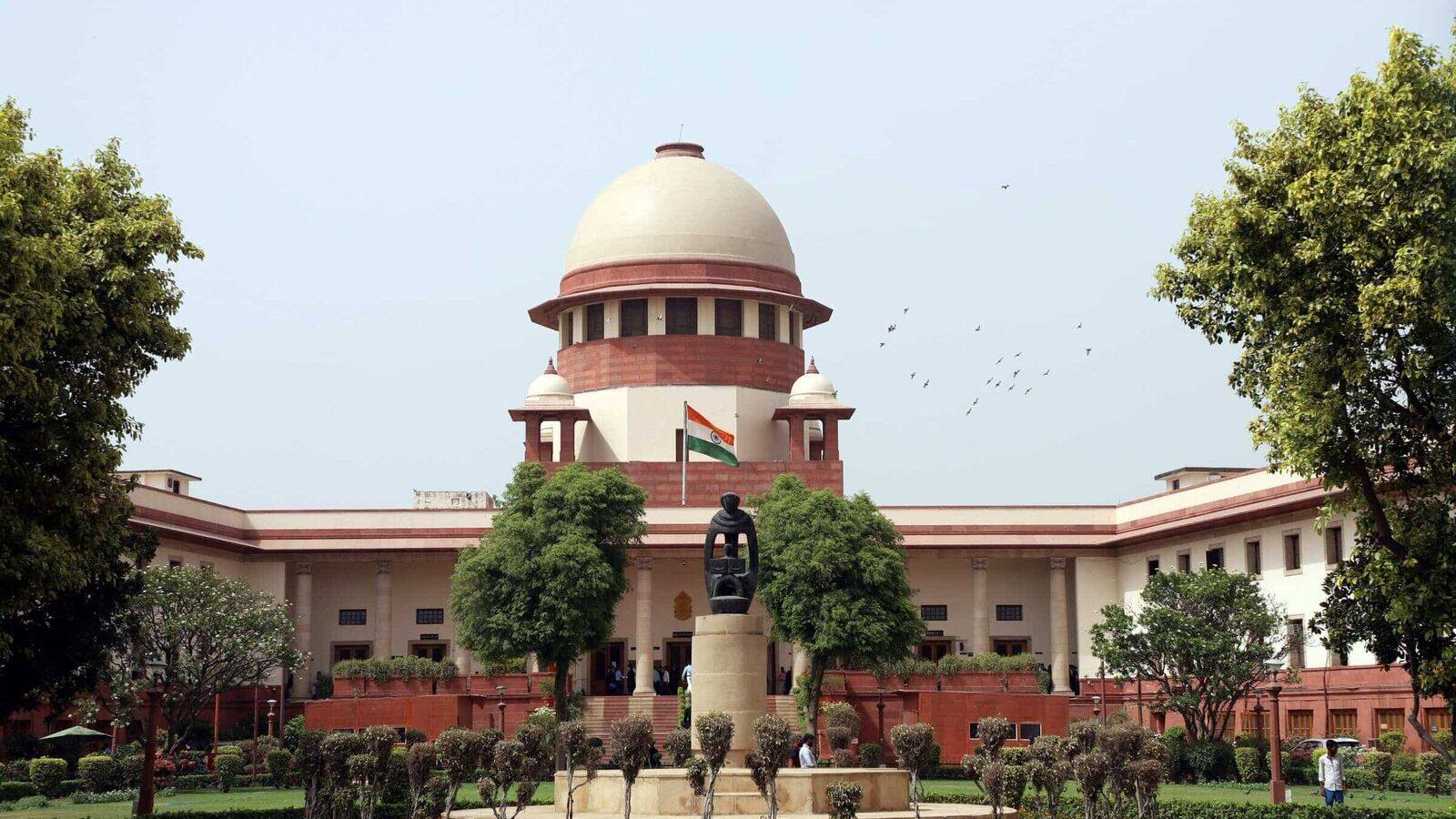


The Supreme Court in the case Anjaneya Hanumanthaiah v. Principal Director of Income Tax and Ors and has allowed the appeals filed by Karnataka Deputy Chief Minister DK Shivakumar and his aide challenging the criminal proceedings in a 2018 money laundering case.
The bench comprising of Justice Surya Kant and Justice KV Viswanathan in the case observed and has allowed the petition filed by the Congress leader and his aide Anjaneya Hanumanthaiah against a 2019 Karnataka High Court verdict wherein upholding the summonses issued to them by the Enforcement Directorate. Thus, the primary reason cited by the single-judge bench of the high court was that Section 120B of the Indian Penal constituted a stand-alone offence adequate to invoke the Prevention of Money Laundering Act.
The court held that same as ‘unsustainable’ by the apex court in view of its recent Pavana Dibbur judgment.
Therefore, the case stems from allegations of money laundering against Shivakumar and four others, following income tax raids in 2017 where unaccounted cash worth over Rs seven crore was reportedly seized.
The Enforcement Directorate, ED in the case issued summonses to them in connection with the raids, under the Prevention of Money Laundering Act.
The Karnataka High Court in August 2019 dismissed the petition by Shivakumar and others, upholding the central agency’s summonses.
The court in the case observed and has issued notice in a set of pleas against the said order, thus, the Supreme Court had protected the appellants from coercive action in October of the same year.
The High Court in the case had addressed a crucial question regarding Section 120B of the Indian Penal Code and its applicability as a standalone and distinct offence for invoking provisions of the PMLA.
The court held that Section 120B can indeed be a predicate, standalone offence on the strength of which the anti-money laundering statute can be invoked.
The Supreme Court in its landmark judgement in the case Pavana Dibbur, held that Section 120B of the Indian Penal Code becomes a scheduled offence only when the conspiracy is directed towards committing an offence that is otherwise scheduled. the bench comprising of Justice Abhay S Oka and Justice Pankaj Mithal clarified that the legislative intent behind the Prevention of Money Laundering Act was not to make every offence not included in the schedule a scheduled offence by applying Section 120B of the Indian Penal Code, IPC. The Supreme Court in the case observed and has allowed the appeals of DK Shivakumar and his aides, wherein the court aside the judgement of Karnataka High Court’s and quashed the proceedings initiated under the PMLA against them.
The court held that in view of the Pavana Dibbur decision, the reasons assigned by high court in impugned judgment cannot sustain. Thus, the court allowed the appeals and has set aside the impugned judgment, the proceedings initiated against the appellants under the PMLA are hereby quashed.
The court noted that the review petition has been filed by the ED against the Pavana Dibbur judgment.
The bench headed by Justice Kant-led bench in the case observed and has clarified that if the review petition is accepted, the view taken by the high court in the impugned judgment would stand affirmed, allowing the ED to seek a review or recall of this latest order if necessary.